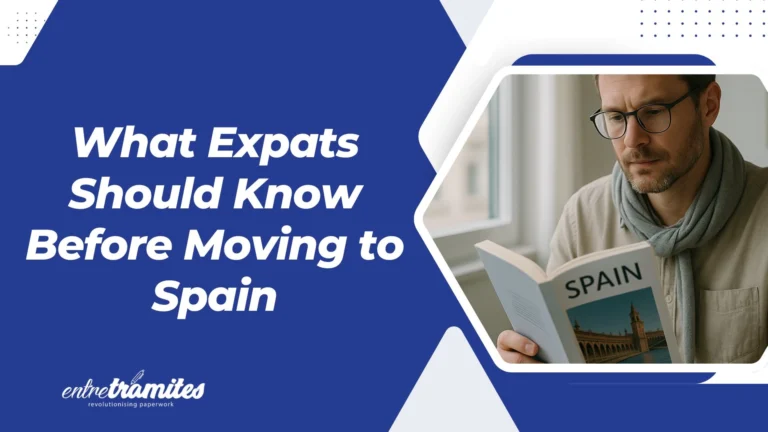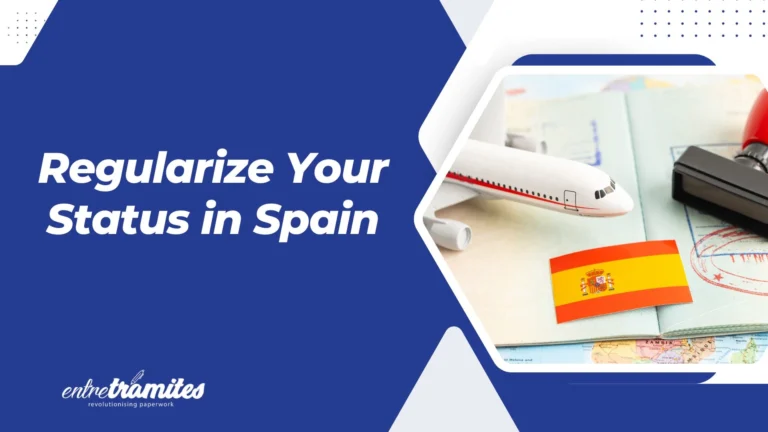Moving to Spain is much more than packing your bags and picking a city with nice weather. Whether you’re relocating for work, retirement, or as a digital nomad, understanding the tax implications of your move is essential. Spain’s tax laws can be complex, especially for individuals with assets abroad.
Here’s what every expat should know to plan their move to Spain in 2025 — and avoid any unpleasant surprises.
1. Becoming a Tax Resident in Spain
The 183-day rule:
If you stay in Spain for more than 183 days during a calendar year (even if not consecutive), you become a tax resident. This means you must report and pay taxes on your worldwide income and assets.
- Income tax ranges from 19% to 47%.
- Spain also has taxes on wealth, inheritance, and asset transfers.
Special Tax Regime:
The so-called Beckham Law allows certain foreign professionals to pay tax only on Spanish-sourced income at a flat rate of 24% up to €600,000, for the first 6 years.
Spain has tax treaties to avoid double taxation, which can help optimize your tax situation.
Why does timing matter?
If you arrive early in the year, you may be considered a tax resident for the entire year. Many expats mistakenly believe they only pay tax for the months they lived in Spain.
Common mistakes:
- “I don’t own a home in Spain, so I’m not a tax resident.”
- “My income comes only from abroad, so I don’t have to declare it.”
- “I already pay taxes in my home country, so I don’t need to pay in Spain.”
Tip: Plan your move date with a tax advisor to optimize your tax situation.
2. UK Savings & Investments – What You Can (and Can’t) Keep
ISAs lose their tax advantage:
Once you become a non-UK resident, ISA accounts lose their tax-free status in Spain. You may be taxed on interest or capital gains.
Can I keep UK bank accounts or investment platforms?
Yes, but if your total foreign assets exceed €50,000, you must declare them using Form 720, required for tax residents in Spain.
What are the alternatives?
Investments adapted to the Spanish tax system, like Spanish-compliant bonds, offer:
- Tax deferral until withdrawal
- Lower effective tax burden
- Better estate planning options
Tip: Seek advice from a Spanish based cross-border financial adviser to help decide whether to restructure your portfolio before becoming a Spanish tax resident to minimize the impact.
3. Making Your Money Work in Spain
If you live off savings, pensions, or rental income, it’s key to optimize your strategy to avoid unnecessary taxes.
How to generate income efficiently:
- Pensions and capital gains are taxed between 19% and 28% (2025 rates).
- Rental income is taxable, but deductions are available if you’re a tax resident.
- Currency exchange strategy can help reduce euro losses.
What about the Wealth Tax?
- It applies to global assets if you’re a resident.
- Exemptions and rates depend on your autonomous region.
- Madrid offers almost full exemptions,
- while Catalonia or Valencia have higher rates.
Useful financial tools:
- Spanish-compliant bonds
- Life insurance savings products (PIAs)
- Unit-linked investments with tax benefits
Tip: A tax and/or financial advisor can help you diversify your income and reduce your effective tax rate.
4. Estate and Inheritance Planning
Spain has very different inheritance laws compared to the UK, which can lead to conflict or double taxation if not properly planned.
Key facts:
- In Spain, the heir pays the tax, not the estate.
- Rates depend on the relationship to the deceased and the region.
- If you have assets in multiple countries, it’s crucial to avoid legal blockages or disputes.
Solutions:
- Avoid trusts (not recognized in Spain); use Spain-compliant structures.
- Create a Spanish will that complements your original will.
- Report foreign assets through Form 720 (informational only, but heavy fines apply if not filed on time).
Tip: International estate planning is essential if you have heirs in more than one country.
5. Types of Visas or Residency Permits You May Need
Depending on your profile, you may be eligible for one of the following permits to reside legally in Spain:
- Digital Nomad Visa: For remote workers, allows working from Spain with special tax advantages.
- Non-Lucrative Visa: Ideal for retirees or individuals with passive income (investments, rentals).
- Self-Employed or Entrepreneur Visa: For those who want to start a business or freelance.
Ready to Take the Next Step?
Navigating a new country’s financial landscape can be complex. That’s why we partner with experts like Ambient Wealth Management, who specialize in providing comprehensive financial guidance for those living abroad.
To get started, we invite you to:
- Book a free consultation: Let Entre Trámites team help you with all your legal and fiscal needs in Spain.
- Download HERE Ambient Wealth Management’s Free Expat Guide: Gain valuable insights into managing your finances when moving abroad.
Take control of your transition today and build a solid foundation for your new life!





